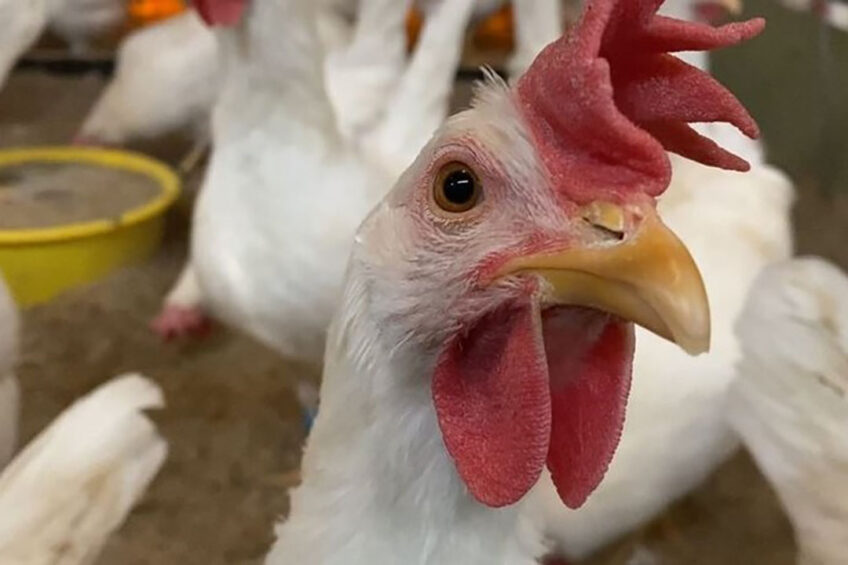Moves to enhance laying hen breeding wins philanthropic financial backing

Research by animal welfare scientist, Michael Toscano, into enhancing the breeding of laying hens has received US$2.7 million of funding from US-based Open Philanthropy. The funding will be used to promote cage-free housing for laying hens and improve their health and welfare through new breeding approaches.
The project, which involves genetics companies Hendrix Genetics in the Netherlands and Lohmann Breeders in Germany, aims to use the latest findings from behavioural research on hens kept in cage-free housing with and without outdoor areas to incorporate them into breeding programmes for laying hens.
HenTrack 2.0
The 5-year project, known as HenTrack 2.0, will include 4 of the world’s most common high-performance hybrids, which lay particularly high numbers of eggs. Toscano, from the University of Bern’s Veterinary Public Health Institute, said he wanted to find out the traits relating to the welfare and health of the laying hens to breed more robust and resistant chickens for cage-free housing.
The project is being carried out in an experimental barn used by the Centre for Proper Housing of Poultry and Rabbits in Zollikofen, Switzerland. Dean of the faculty, David Spreng, said the funding underlined the high quality of animal health and welfare research.
Switzerland’s high welfare standards
Switzerland is a world leader in animal welfare standards having been the first nation to ban battery cages in 1993 and transition entirely to cage-free housing. Although chicken welfare remains a national priority, problems such as keel bone fractures persist, and the situation is compounded by imports of eggs from birds reared to lower welfare standards. To complicate matters, argued Toscano, genetic selection is done almost exclusively abroad with caged hens, so many of the problems that arise cannot be directly targeted.
Breeding healthier hens
The HenTrack project will monitor the behaviour, health and welfare of individual laying hens during the laying period. Combining behavioural patterns with indicators of animal health and welfare will allow new traits (phenotypes) to be incorporated into breeding programmes of industrial partners. This will help to breed healthier and more robust laying hens for cage-free housing while maintaining their productivity.
The birds will be subject to state-of-the-art tracking methods with a major focus on behavioural research to develop a better understanding of poultry welfare. These include a measurement system using radio frequency and mini receivers worn on the chickens’ legs. This allows the assessment of relevant traits without disturbing the hens – a major advantage over current breeding programmes.
Teun van de Braak, product manager at Hendrix Genetics and project member of HenTrack said: “The research done in Switzerland allows us to learn more on chicken behaviour and how to integrate the new traits related to hen welfare in our day-to-day breeding programmes. The current research project, HenTrack 1.0, and the preliminary studies done before gave us the confidence to continue the research collaboration and support HenTrack 2.0.”








